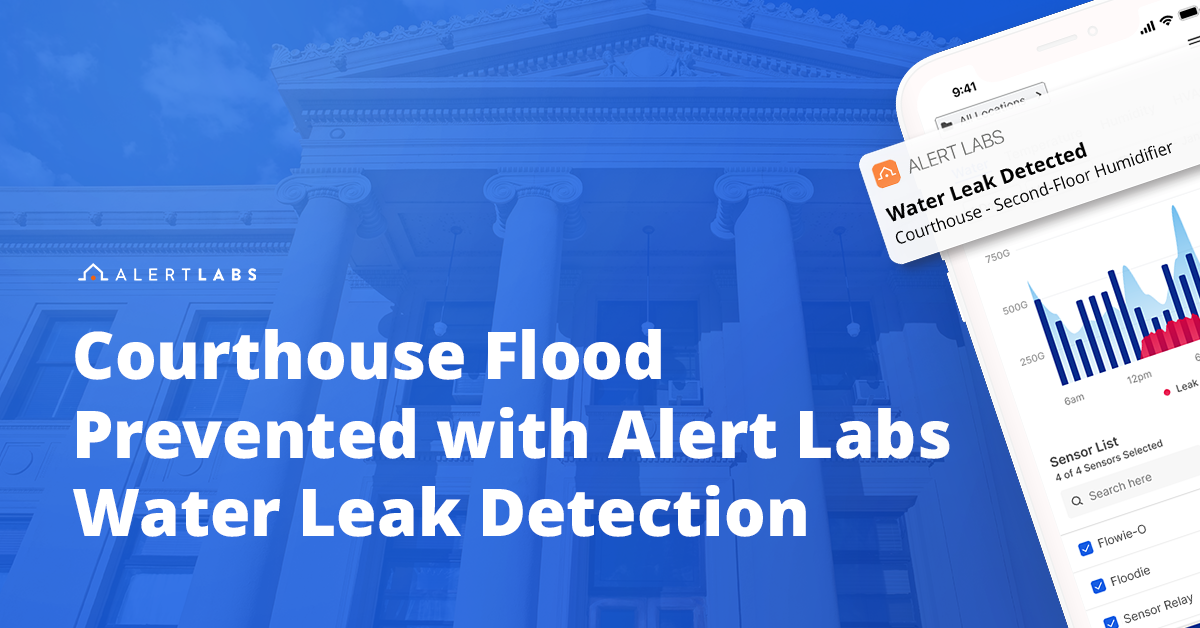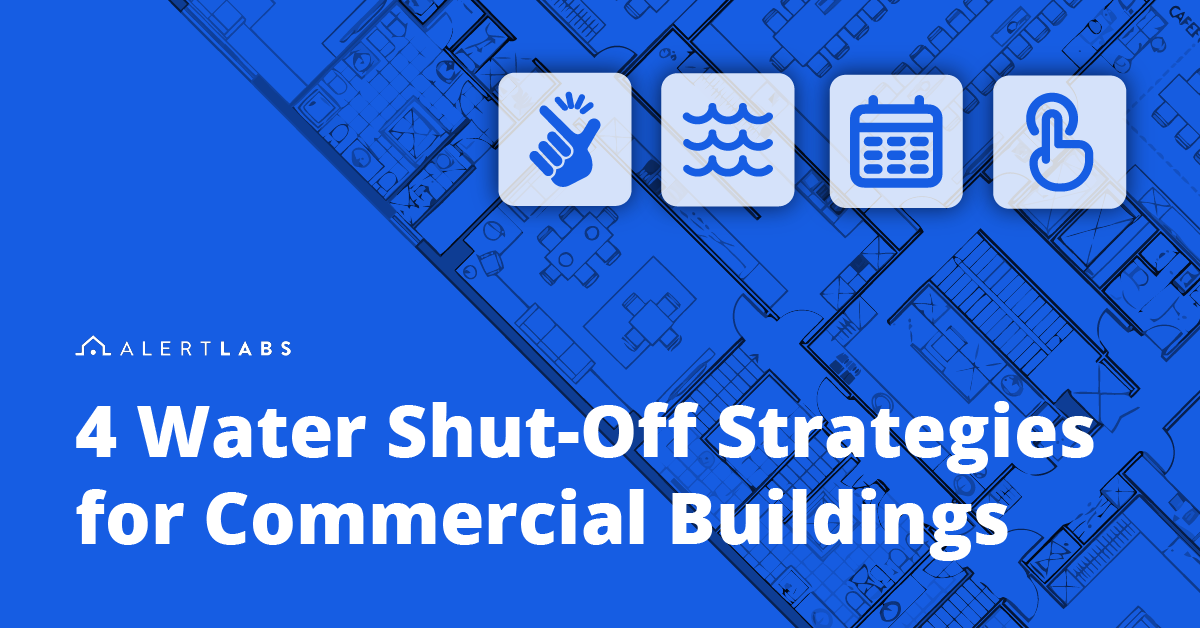3 Water Leak Detection Tools Property Managers Should Avoid

As a property manager, detecting water leaks quickly and efficiently is crucial for preventing costly damage and reducing water waste. However, many common tools fall short in providing the level of protection and insight needed. Water bills, BMS and water alarms not the best water leak detectors. Let's take a quick look at how these three common tools make it hard for property managers to cut water damage and avoid high water bills.
Water bills and leak detection
63% of property managers told us they use water bills and a spreadsheet to manage water costs. Yes, this method of water cost tracking is free but it’s not effective because water bills:
Arrive too late
They only tell you about water use after the water has been wasted due to a toilet leak or faulty sprinkler system. When you try to fix a problem, you have to wait for the next bill to see if it worked.
Hide leaks
Let’s say your condo buildings’ water bills are usually around $10,000 each month. As long as the bill isn’t higher than that amount, there’s no problem, right? Not exactly. We’ve discovered that about 23% of multifamily buildings have leaks. Most leaks average $10,000 per year, but it’s not uncommon to see leaks amounting to $100,000 or more annually. Water bills give you zero water usage visibility allowing problems to continue; it’s OpEx death by a thousand drips.
BMS,BAS and water monitoring
Building Automation Systems (BAS) and Building Management Systems (BMS) can help track electricity. BACnet or Modbus are popular technologies, for example. The chilled water or hot water systems at a building can be controlled through automated pumps and temperature sensors.
Limitations of BMS/BAS for Water Monitoring:
- Lack of granular data: Most systems only provide daily or weekly water usage summaries
- No real-time alerts: Unable to notify managers immediately when abnormal water use occurs
- Limited sensor placement: Often restricted to main water lines, missing smaller leaks in individual units
Water damage alarms
A $15 water alarm that beeps when it gets wet might be an OK solution for a homeowner. But these alarms are not a good solution for property managers and condo residents that live on the 9th floor. Why? For these reasons:
- It’s an audible-only alarm. What if the resident isn’t home or doesn’t hear it? The property manager won’t know and response time to a flood is critical for minimizing damage.
- The device is usually one-time use. Once it gets wet, it’s caput.
- There is no record of water damage events.
- Residents may remove the batteries if a device gives too many false alarms rendering the device useless.
- The property manager doesn't know about water damage events. Immediate action is necessary to avoid expensive repairs and other headaches.
Comparison: Basic Water Alarms vs. Smart Leak Detection
The Smart Solution: AI-Powered Leak Detection
By now, you're probably wondering, "If water bills, BMS & BAS, and water alarms don't work, what does?" Good question. The answer: smart leak and flood solutions that don't need WiFi and have a battery back-up. These solutions should also give you real-time visibility into abnormal water use, leaks, and floods at your buildings.
Key features of effective smart leak detection systems:
- Real-time monitoring and alerts
- AI-powered anomaly detection
- Cellular connectivity (no reliance on building WiFi)
- Battery backup for continuous protection
- Integration with existing property management systems
- Detailed analytics and reporting capabilities
While traditional methods like water bills, BMS/BAS, and basic water alarms may seem cost-effective, they often fall short in providing the comprehensive protection needed for modern property management. Investing in smart, AI-powered leak detection solutions can save significant costs in the long run, prevent water damage, and contribute to more sustainable building operations.




